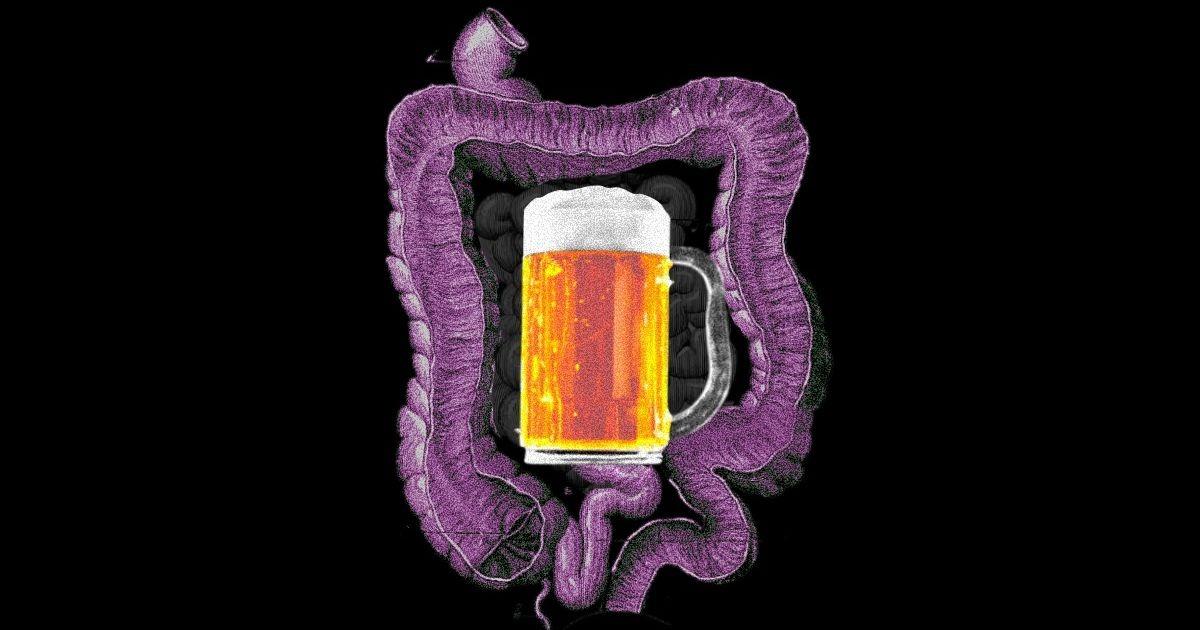Benefits and Risks of Beer: बियर के शौकीन पीने से पहले जान लो किसको फायदा करेगी और किन को नुकसान
Beer Benefits and Risks, a popular alcoholic beverage enjoyed by many around the world, comes with its own set of benefits and risks. Before indulging, it’s important to understand how beer can impact your health, positively and negatively. This article delves into who might benefit from moderate beer consumption and who should be cautious.
Before indulging, it’s important to understand how beer can impact your health, positively and negatively. This article delves into who might benefit from moderate beer consumption and who should be cautious.
Potential Benefits of Beer
Beer Benefits and Risks contains small amounts of essential nutrients such as B vitamins (especially folate), magnesium, and potassium.
Beer Benefits and Risks, especially those made from barley and hops, contains antioxidants like flavonoids, which can help combat oxidative stress in the body.
Studies suggest that moderate beer consumption (one drink per day for women and up to two for men) may reduce the risk of heart disease. The alcohol and certain antioxidants in beer can increase HDL (good cholesterol) and improve overall heart function. Beer Benefits and Risks is a source of dietary silicon, which is important for bone health. This can help in reducing the risk of osteoporosis and other bone-related issues
Beer Benefits and Risks is a source of dietary silicon, which is important for bone health. This can help in reducing the risk of osteoporosis and other bone-related issues
Some types of beer contain dietary fiber, which aids in digestion and promotes a healthy gut.
Some research indicates that moderate beer Benefits and Risks consumption might be linked to a lower risk of cognitive decline and dementia in older adults.
Risks and Downsides of Beer
Regular consumption of beer can lead to alcohol dependence and addiction, posing significant health risks and affecting personal and professional life.
Beer Benefits and Risks is calorie-dense, and excessive consumption can lead to weight gain and obesity, which are risk factors for various health issues like diabetes, hypertension, and heart disease.
Chronic heavy drinking can lead to liver diseases, including fatty liver, hepatitis, and cirrhosis, which are serious conditions that impair liver function.
Excessive alcohol consumption is linked to an increased risk of several cancers, including those of the mouth, throat, esophagus, liver, colon, and breast.
While beer might temporarily alleviate stress, excessive consumption can exacerbate mental health issues like depression and anxiety. While moderate consumption might benefit heart health, excessive drinking can lead to high blood pressure, cardiomyopathy, and irregular heart rhythms, increasing the risk of stroke and heart attacks.
While moderate consumption might benefit heart health, excessive drinking can lead to high blood pressure, cardiomyopathy, and irregular heart rhythms, increasing the risk of stroke and heart attacks.
Who Should Avoid Beer?
Alcohol consumption during pregnancy can lead to fetal alcohol syndrome and other developmental disorders.
Those with liver disease, pancreatitis, or a history of certain cancers should avoid alcohol.
Alcohol can interact negatively with many medications, including antibiotics, antidepressants, and painkillers.
Individuals with a history of alcohol addiction should avoid beer and other alcoholic beverages to prevent relapse.
Beer Benefits and Risks can be enjoyed in moderation as part of a balanced lifestyle, offering some health benefits. However, it is crucial to be aware of the potential risks and to consume it responsibly. Individuals with specific health concerns or conditions should consult with healthcare professionals before including beer in their diet. By understanding both the benefits and the risks, beer Benefits and Risks enthusiasts can make informed decisions about their consumption.
